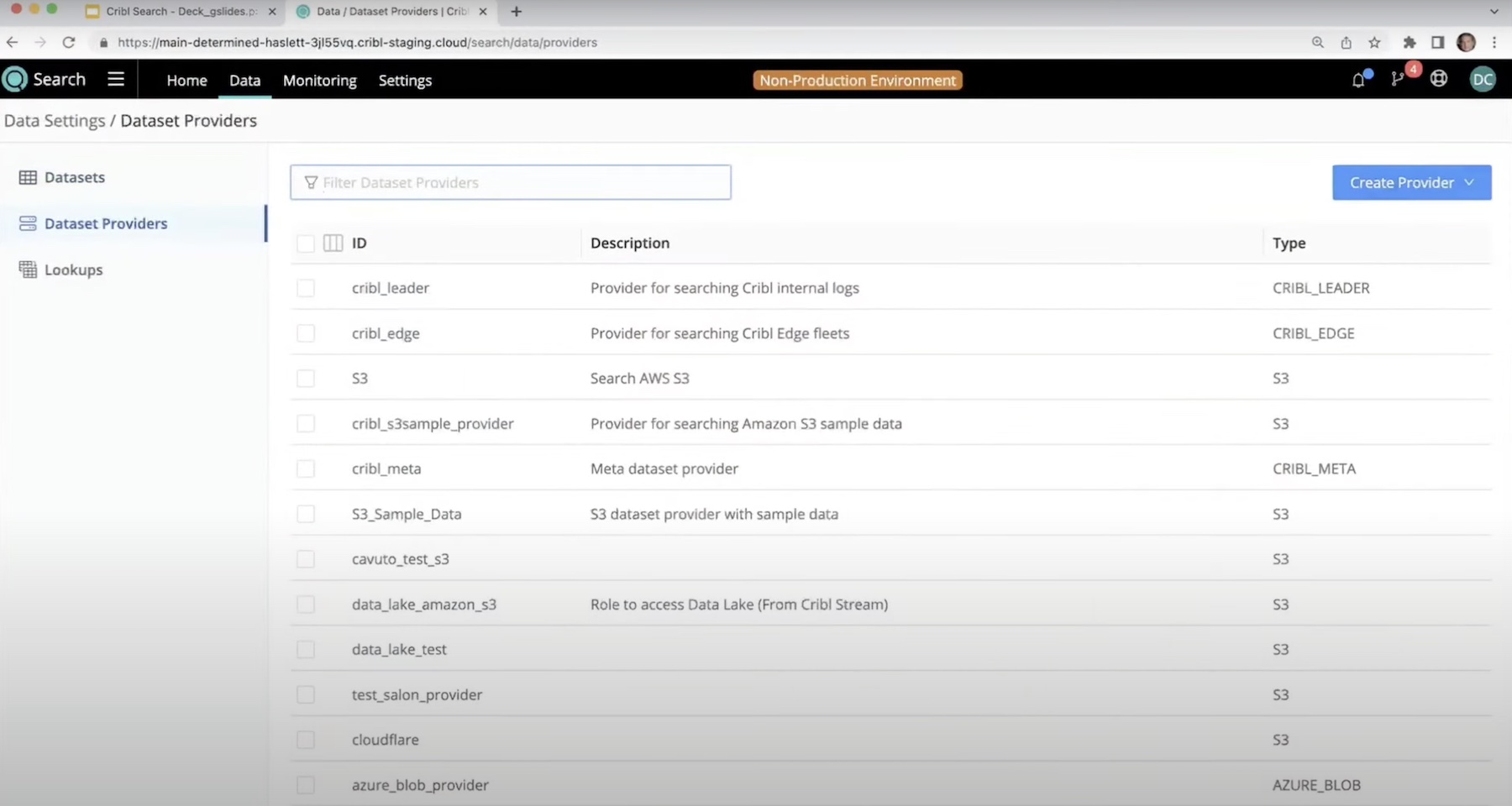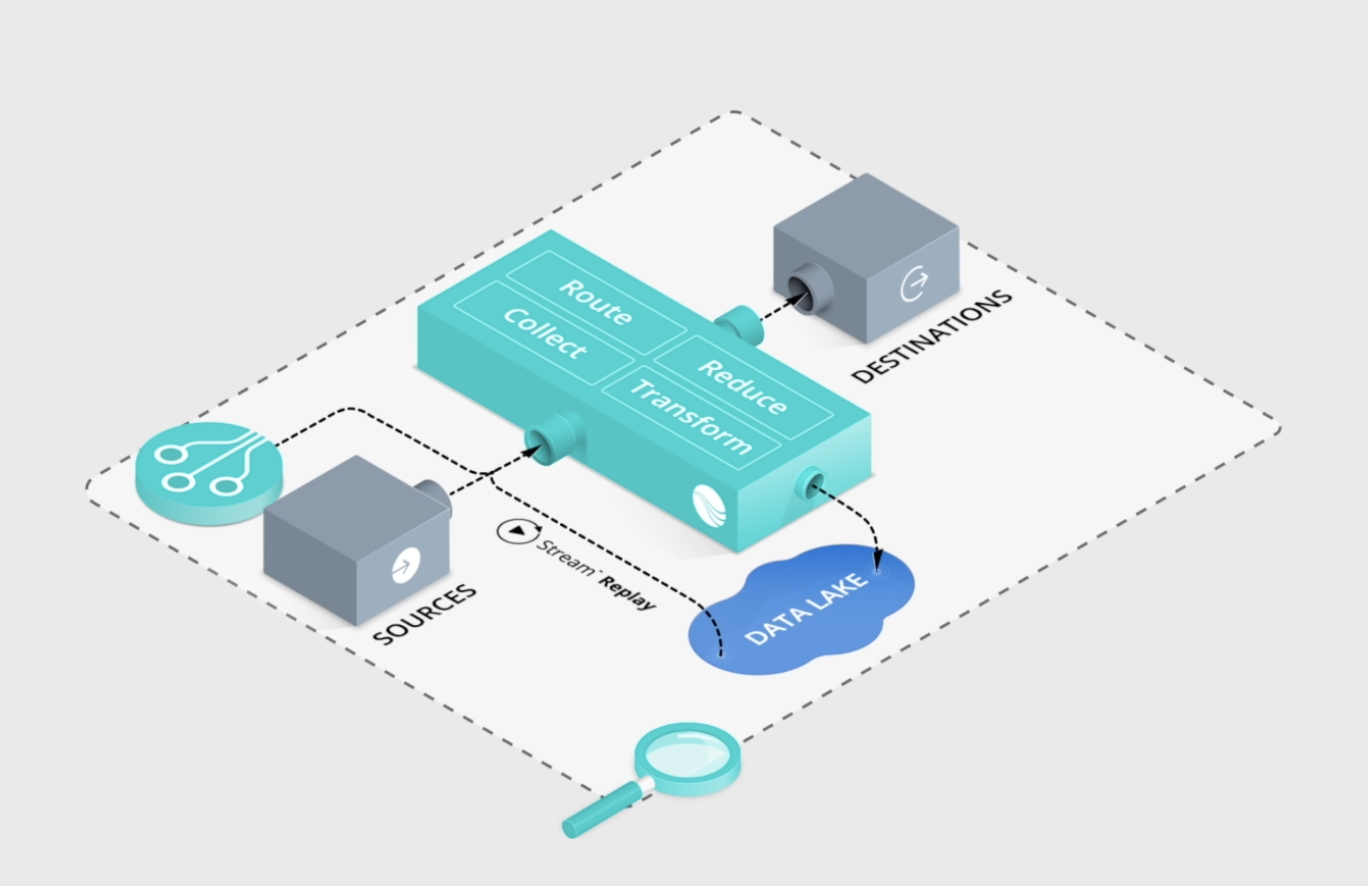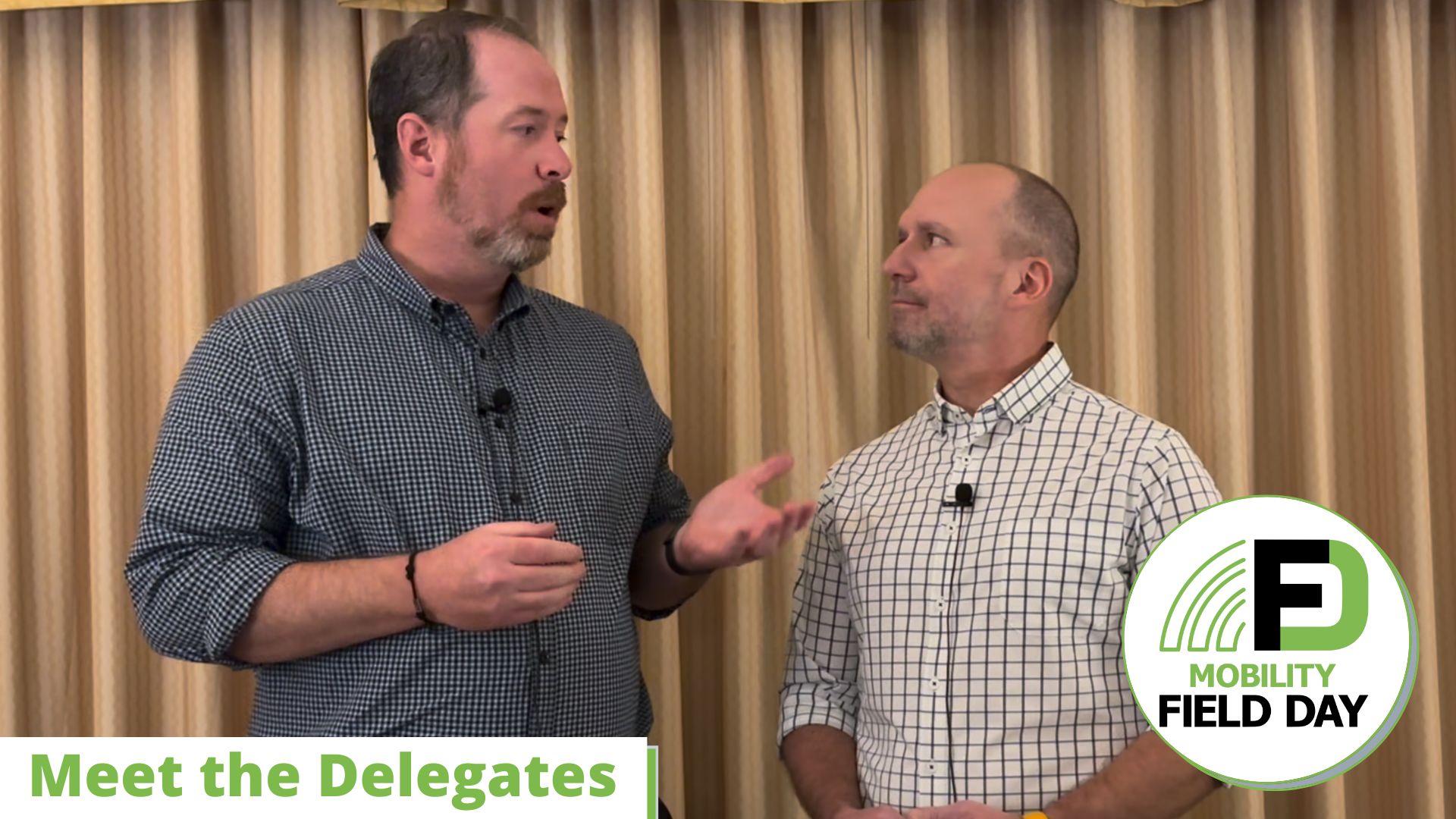It always seems like you get the best advise just after it’s applicable. For example, here’s a great post about preparing for a job interview, and here I am with a new job (hi).
This was the first position I ever interviewed for that dealt with a technical component. I’m never going to be a network engineer, but I knew I was going to be assessed by how deep I could go on certain topics. Erik Freeland gives some great advise on how to deal with these types of questions. It’s important to realize that on these, there’s rarely a designed “perfect answer”, rather the interviewer is looking to gauge your understanding in general. Of course, this only goes so far. No interviewer is going to be impressed if you babble on, throwing out any buzzwords that might apply, you’ve got to have a knowledge base first and foremost.
The biggest thing I have a problem with during interviews is when they ask if I have any questions. Everyone recommends that you have a few in the hopper, just so you look like you care. If you’re like me, this always feels incredibly awkward and presumptuous, but Erik has a really good fallback one. Asking for a “day in the life” of someone in your position could be a really great way to gauge company culture. I also really like the idea of asking multiple interviewers the same question. No company is perfect, so seeing how several people respond could give you a very well rounded picture.
If you see this before your next interview, good luck!
Packet Pushers – Blog Feed comments:
So you got a call back, and now it is time for an interview. (If you missed the first part, check out this blog on starting your job search.) Interviewing is my favorite part of the process. This applies to being the interviewer as well as the interviewee. The only way to gauge a person […]
The post The Job Search: Interviewing Tips appeared first on Packet Pushers.
Read more at: The Job Search: Interviewing Tips




